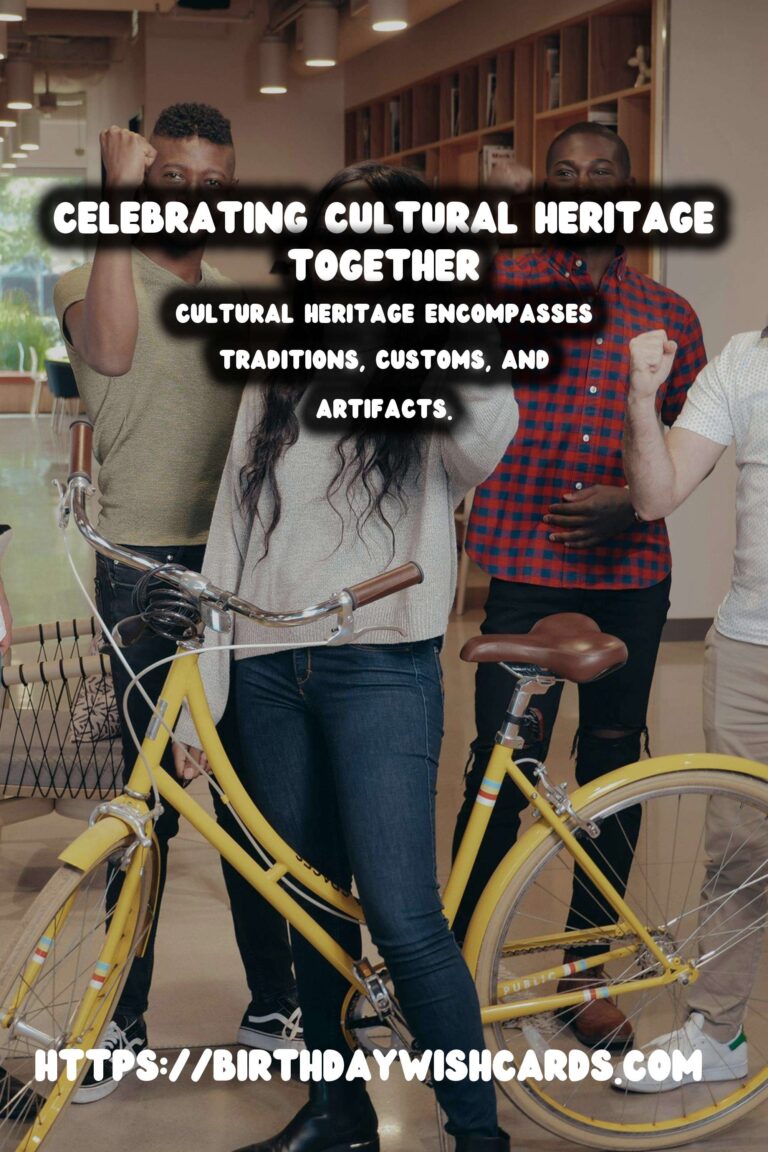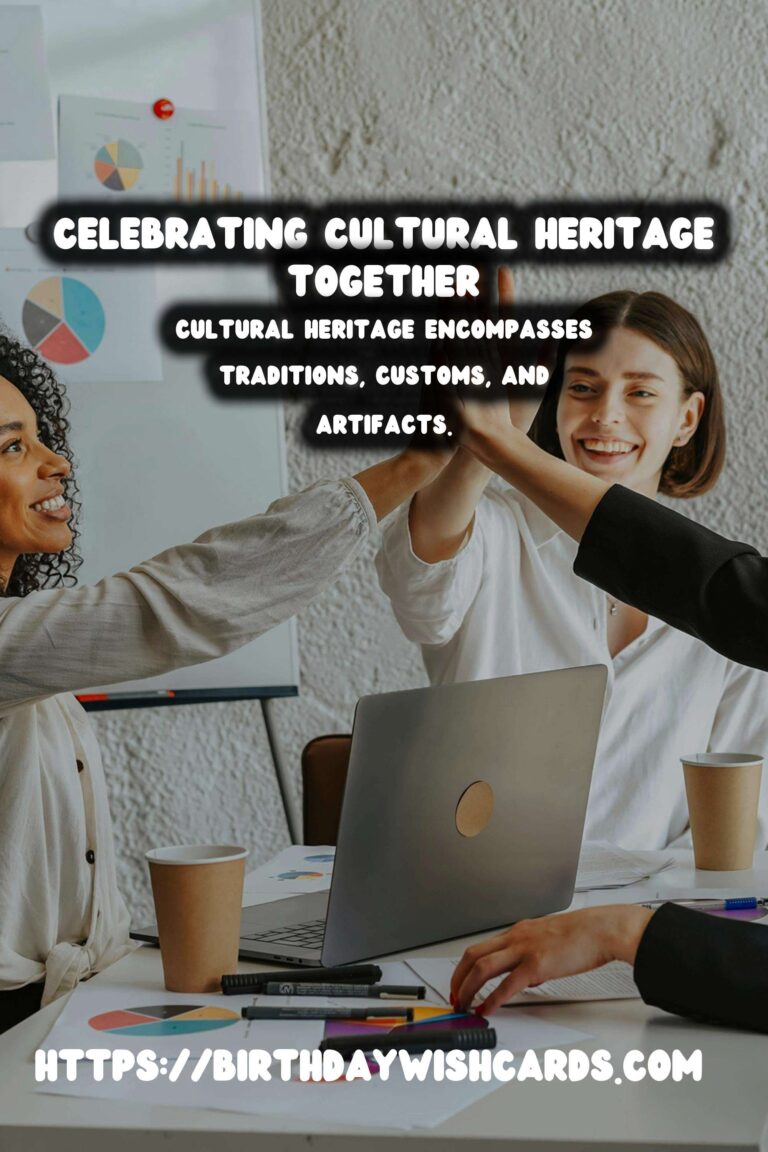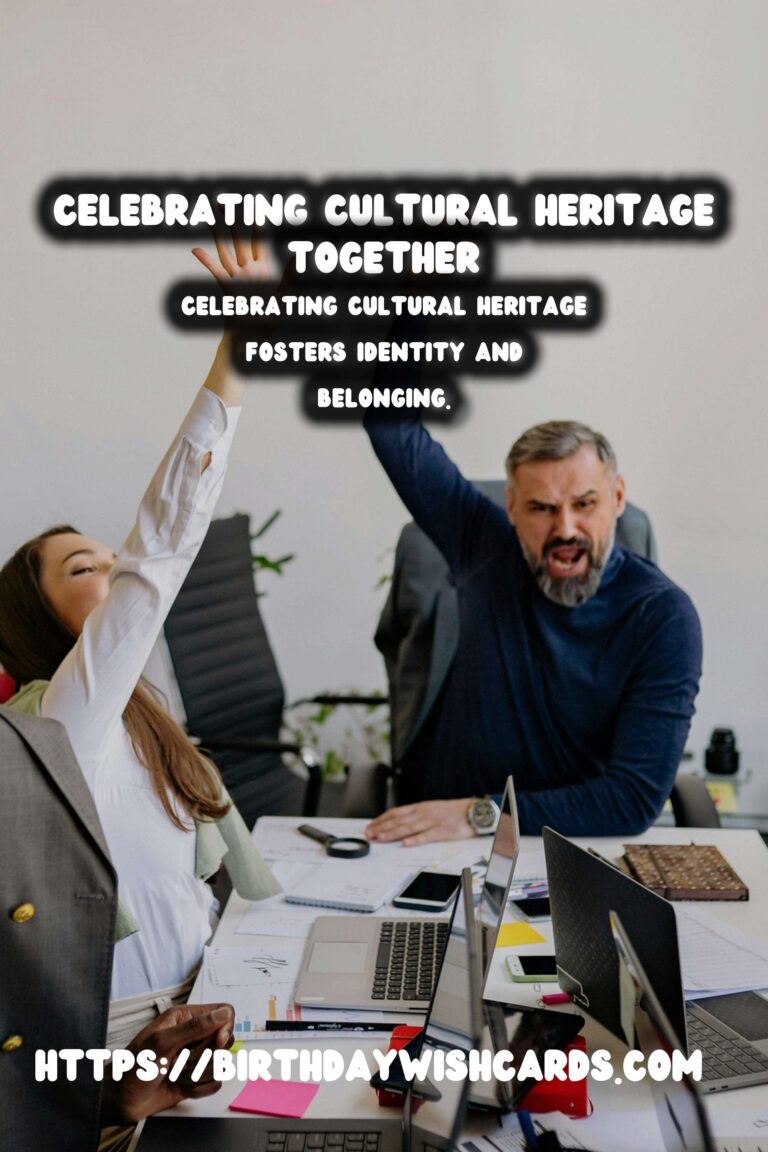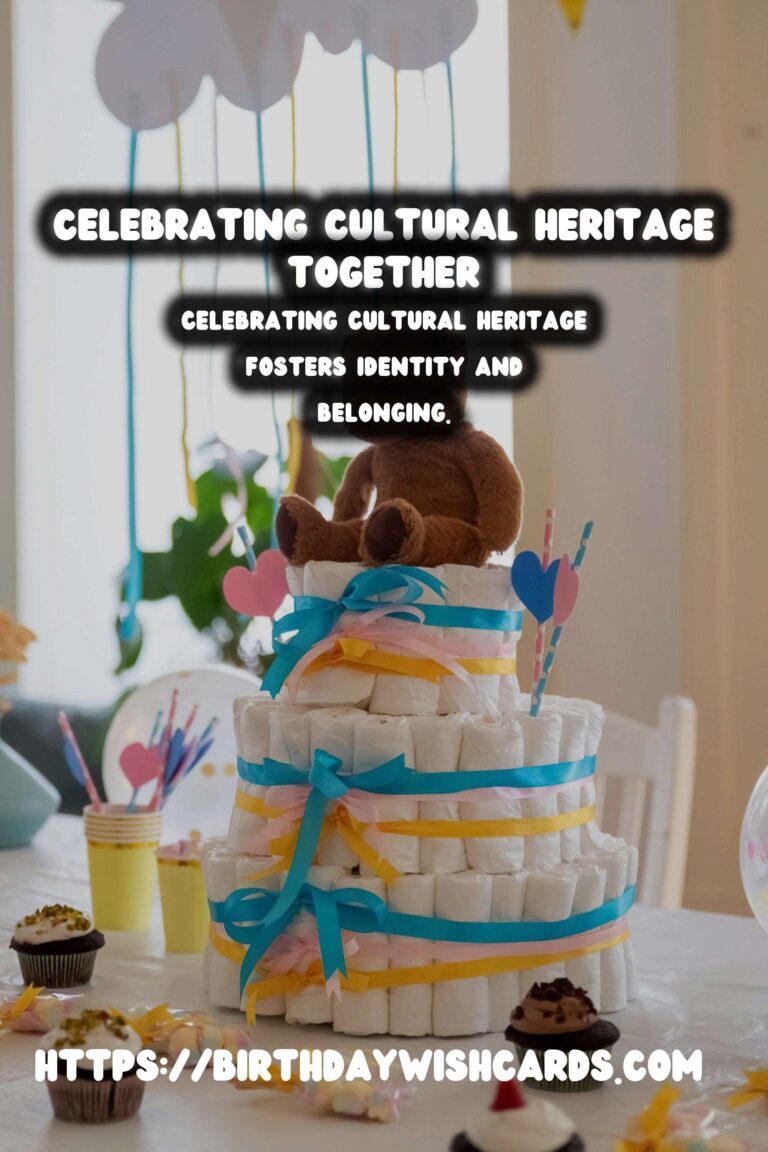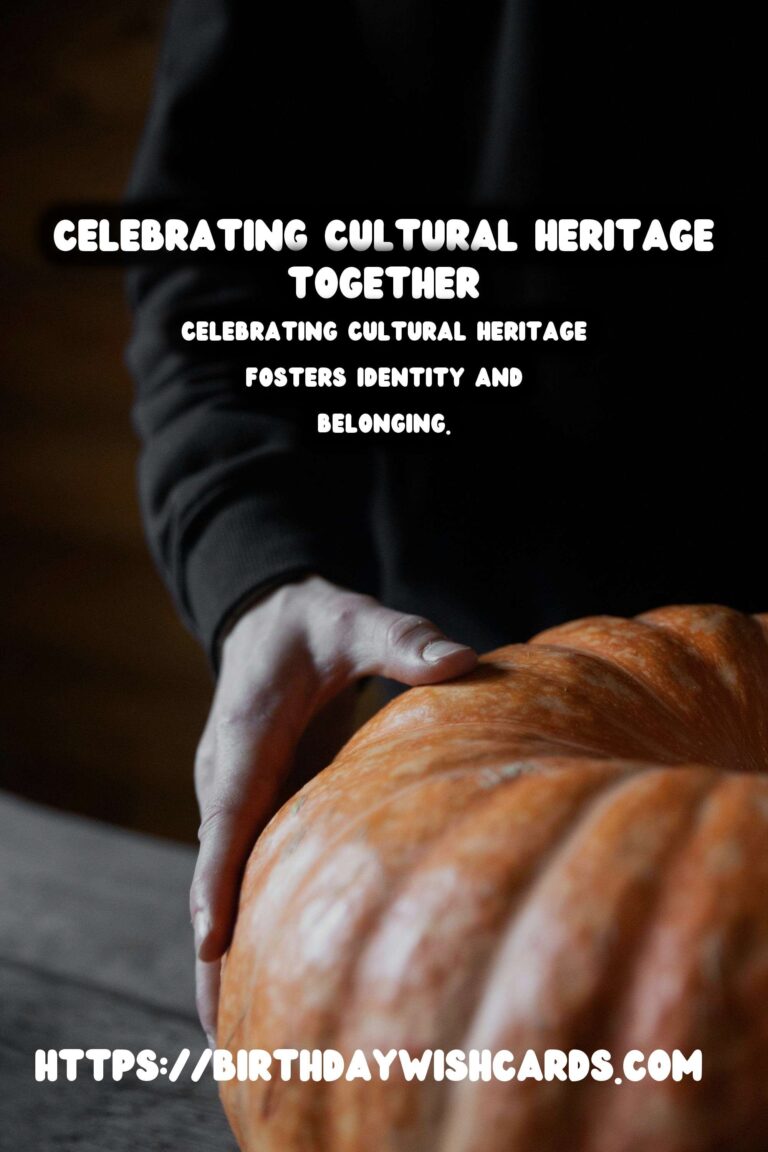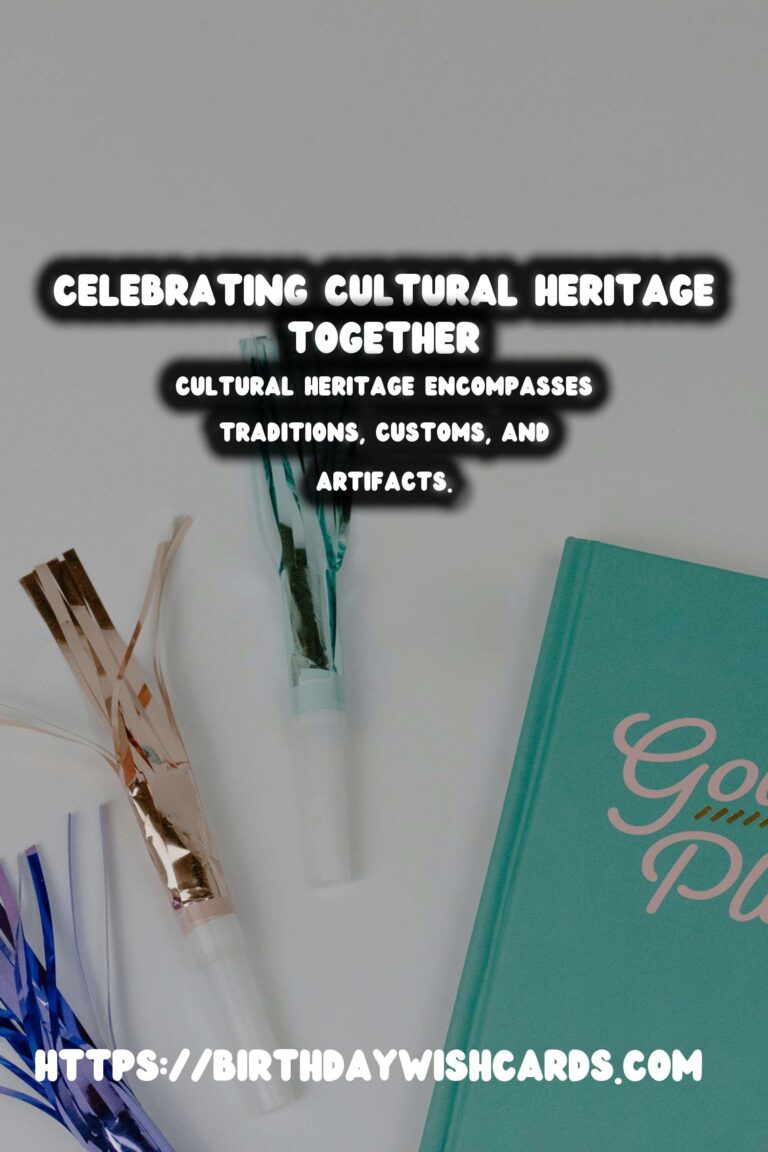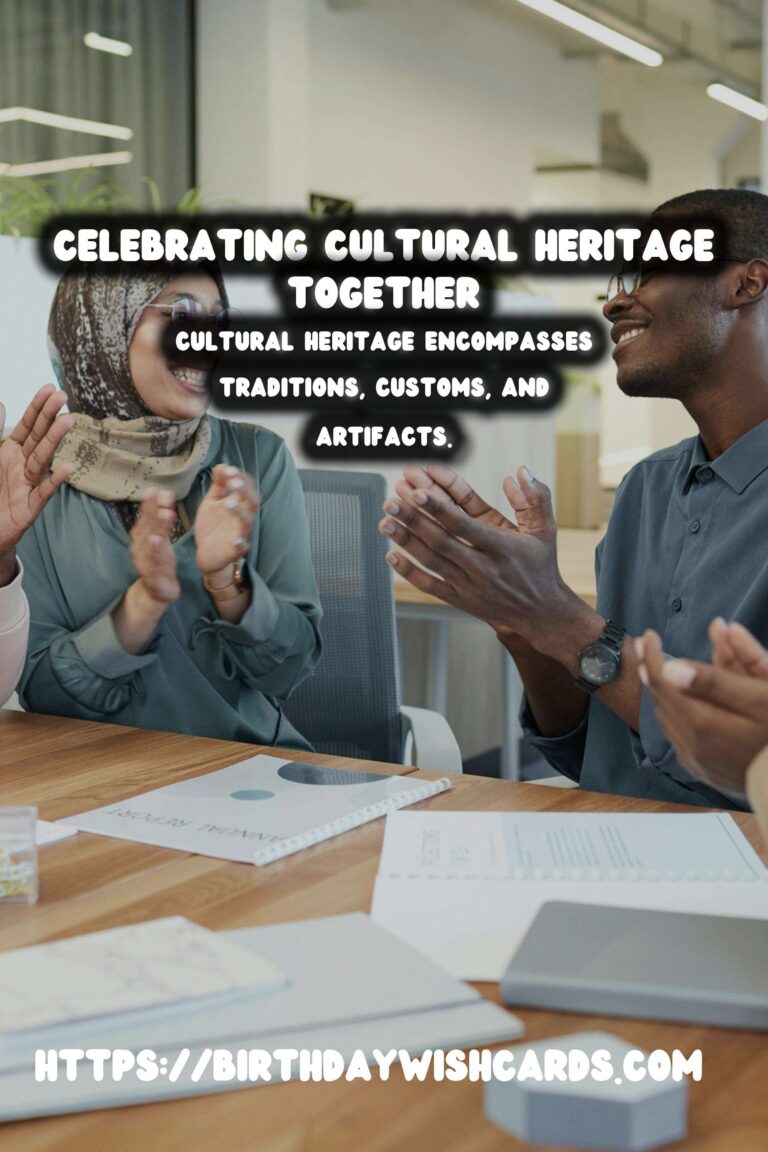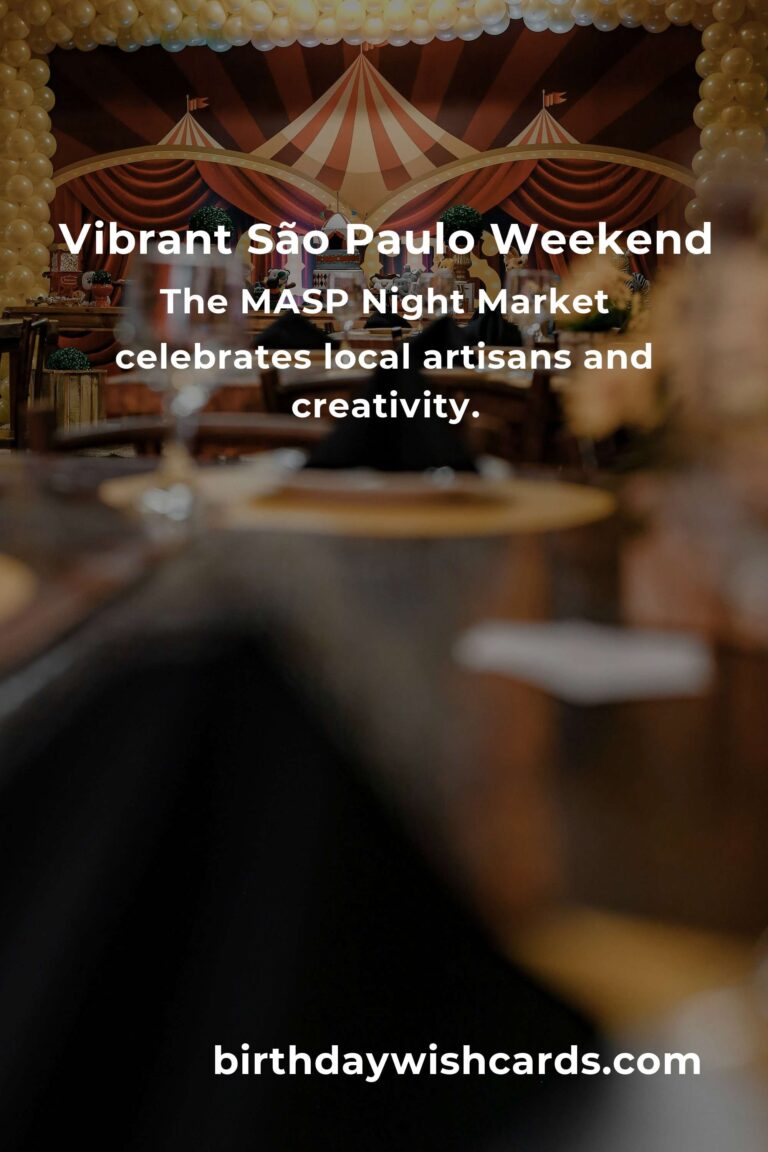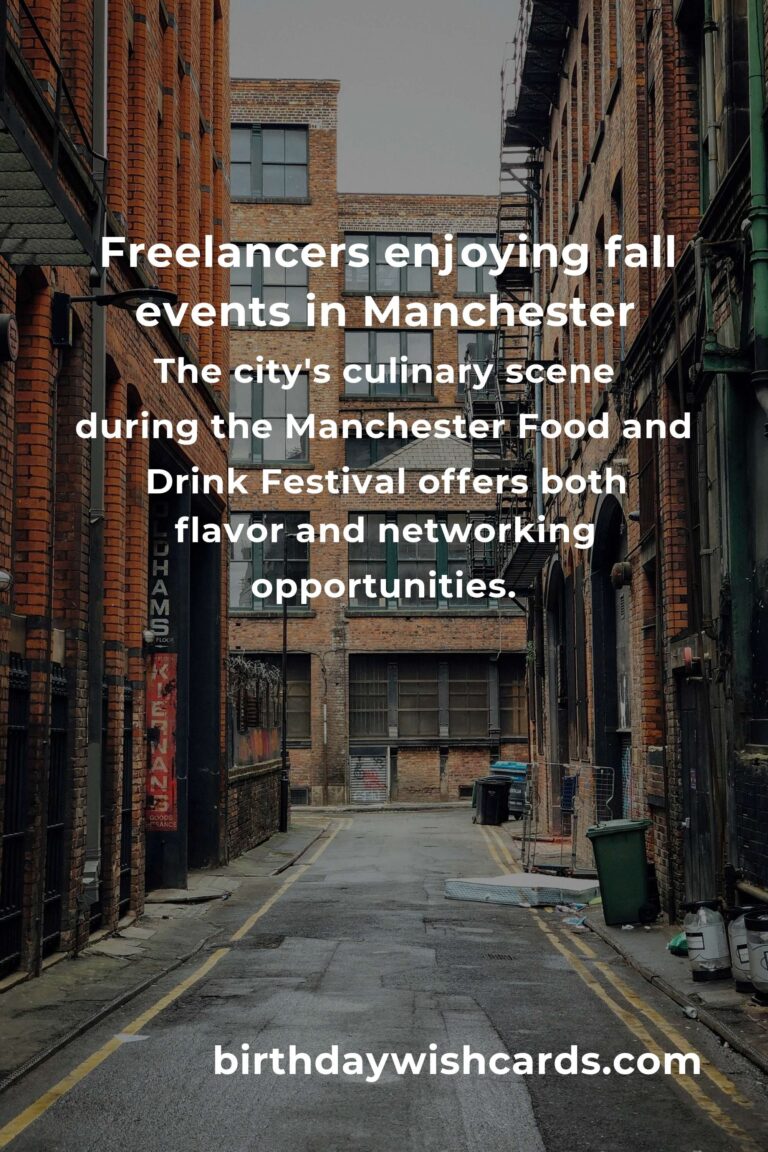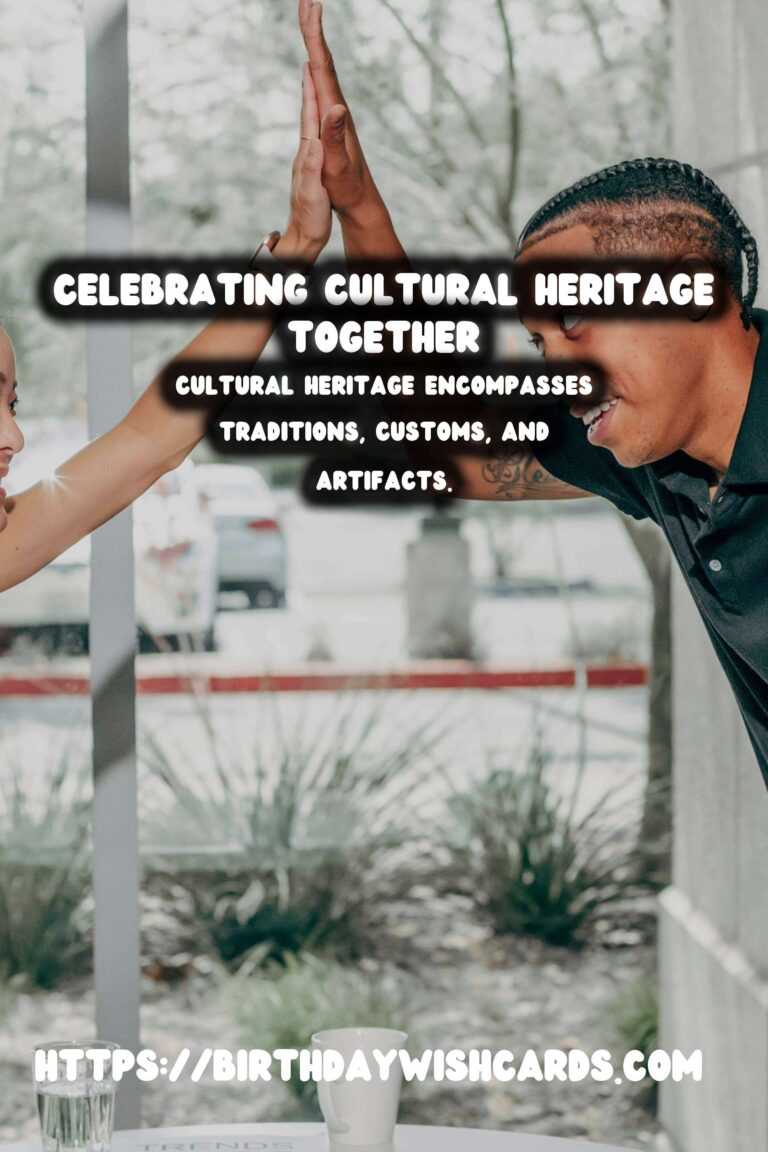
Cultural heritage encompasses the traditions, customs, practices, and artifacts that societies pass down through generations. Celebrating cultural heritage allows communities to connect with their roots, educate the youth, and appreciate the richness of diversity. This article explores modern ways to celebrate cultural heritage effectively with insightful tips and innovative methods.
Why Celebrate Cultural Heritage?
Celebrating cultural heritage fosters a sense of identity and belonging among citizens. It promotes understanding and respect for various traditions while emphasizing the importance of preserving them for future generations. Events centered around cultural heritage can offer platforms for storytelling, art, music, and food, enriching the community’s experience.
1. Organize Community Festivals
Community festivals are one of the most engaging ways to celebrate cultural heritage. They provide a space for local artists, musicians, and chefs to showcase their talent and promote traditional crafts and cuisines.
Tips for Organizing Community Festivals:
- Engage Local Talent: Collaborate with artists, performers, and chefs from the community to highlight local traditions.
- Interactive Workshops: Offer workshops where attendees can learn traditional crafts, dances, or cooking methods.
- Highlight Local History: Incorporate storytelling sessions or historical exhibitions to educate attendees about local heritage.
2. Digital Storytelling
The rise of digital platforms provides an excellent opportunity to share cultural stories widely. Digital storytelling combines traditional narratives with modern technology, making them accessible to a broader audience.
Implementing Digital Storytelling:
- Social Media Campaigns: Use platforms like Instagram and TikTok to tell short stories that reflect cultural heritage.
- Podcast Series: Create a series that discusses different aspects of cultural heritage, featuring interviews with community members.
- Blogging: Encourage community members to share their cultural stories and experiences online.
3. Virtual Reality Experiences
Virtual reality (VR) technology offers immersive experiences that can transport individuals to cultural settings. This innovative approach can help younger generations appreciate their heritage in a unique way.
Developing VR Experiences:
- Cultural Tours: Create virtual tours of historical sites, museums, or cultural landscapes.
- Interactive Learning: Design VR programs that allow users to learn traditional craft techniques through immersive simulations.
- Gaming: Develop games that incorporate cultural narratives, making learning fun and interactive.
4. Culinary Heritage Events
Food is a fundamental component of culture, representing history and identity. Culinary heritage events can bring communities together through cooking and tasting traditional dishes.
Ideas for Culinary Heritage Events:
- Cooking Competitions: Host friendly competitions where participants recreate traditional dishes.
- Food Festivals: Organize events that celebrate diverse cuisines and invite food vendors to showcase their cultural specialties.
- Recipe Sharing: Create a community cookbook that compiles traditional recipes passed down through generations.
5. Art Exhibitions and Installations
Art is a powerful medium to express cultural narratives. Organizing art exhibitions can highlight the creativity and traditions of various cultures.
Creating Art Exhibitions:
- Local Artists: Collaborate with local artists to create pieces that reflect cultural roots.
- Thematic Installations: Set up installations that represent significant cultural events or histories.
- Interactive Art: Encourage visitors to participate in the creation process, allowing them to express their cultural connections.
6. Educational Programs
Education plays a crucial role in preserving cultural heritage. Organizing educational programs can help individuals, especially youth, understand and appreciate their backgrounds.
Launching Educational Programs:
- School Workshops: Partner with schools to introduce programs that focus on local heritage and traditions.
- Guest Lectures: Invite historians or cultural influencers to speak about significant heritage topics.
- Online Courses: Offer online classes that delve into traditional practices, languages, or arts.
7. Cultural Exchange Initiatives
Cultural exchange programs can help foster understanding and appreciation between diverse communities. Such initiatives promote learning and sharing cultural practices.
Formulating Cultural Exchange Programs:
- Student Exchanges: Create partnerships between schools or universities across different cultures.
- Artist Residencies: Facilitate artist exchanges that allow them to immerse in different cultural environments.
- Community Dialogues: Organize discussions that bring together different cultural groups to share their experiences and practices.
8. Film Screenings and Documentaries
Films and documentaries can beautifully capture cultural stories and heritage. Hosting screenings can be an effective outreach method to connect communities with their past.
Running Film Screenings:
- Local Filmmakers: Showcase films made by local filmmakers that explore cultural themes.
- Discussion Panels: Host panels after screenings to engage the audience in discussions about the film’s cultural context.
- Documentary Series: Create a series that profiles different aspects of the culture and highlights community contributors.
9. Preserving and Digitizing Artifacts
Preserving cultural artifacts is essential for future generations to access their history. Digitization provides a modern way to safeguard and share these artifacts.
Implementing Preservation Techniques:
- Community Archives: Encourage communities to archive their cultural artifacts, both physical and digital.
- Online Exhibitions: Develop websites that allow people to view and learn about cultural artifacts from home.
- Collaboration with Museums: Partner with local museums to create preservation initiatives that include community engagement.
Conclusion
Celebrating cultural heritage in modern times requires innovative thinking and a willingness to engage communities creatively. By utilizing technology, promoting culinary arts, organizing educational programs, and embracing the arts, communities can enrich their cultural experiences and ensure that traditions are preserved for generations to come.
Cultural heritage encompasses traditions, customs, and artifacts. Celebrating cultural heritage fosters identity and belonging. 
